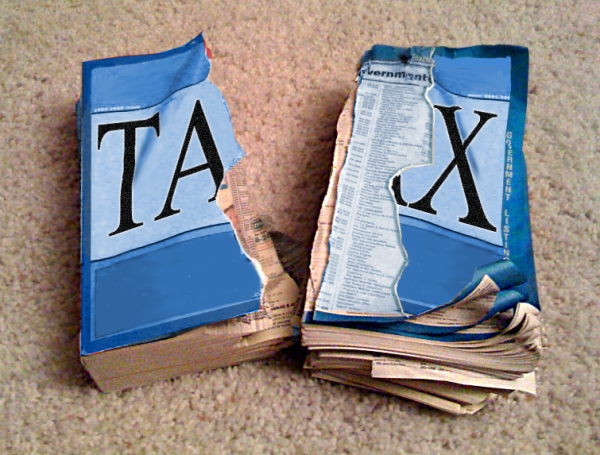Your LLC and Taxes – What You Need To Know
The LLC differs from a corporation, in the eyes of the IRS, in that it is not considered a separate entity from the owner. It is treated for tax purposes as the individual, in the case where there is only one owner, and as a partnership where there are two or more owners.
One of the first questions new entrepreneurs ask is how do small business owners pay themselves? As an employee taxes are typically withheld from your paycheck by your employer. However, as a business owner you are required to submit the taxes yourself. These estimated tax payments are due on a quarterly basis so it is important to get bookkeeping help or stay current on the right amount to pay.
DO I NEED TO PAY ESTIMATED TAXES?
You should make estimated tax payments if you expect to owe at least $1,000 in taxes after subtracting your withholding and credits AND you expect your withholding and credits to be less than the smaller of:
1) 90% of the tax to be shown on your current year’s tax return, or
2) 100% of the tax shown on your previous year’s tax return (The return must cover all 12 months.)
If your adjusted gross income is $150,000 ($75,000 if you file Married Filing Separately) then the amount in is actually 110% of the tax on your previous years return.
A penalty may be assessed if you do not make the required estimated tax payments on time.

HOW MUCH DO I NEED TO PAY?
All the money that you earn through your LLC must be included on your tax return. It is important to note that you will end up paying self-employment tax on this income. Self-employment tax is simply Social Security and Medicare.
Remember up above where we mentioned that, as an employee, taxes are normally withheld from your paycheck? What’s withheld is the Social Security and Medicare. Combined, it is 15.3% but an employee pays half and the employer pays the other half. However, as the owner of the LLC you pay the entire amount because essentially you are the employer.
There are strategies to limit your tax liability but each person’s situation is different. Therefore, it is important to contact a tax professional to be sure that you are doing what is best for your individual needs.

